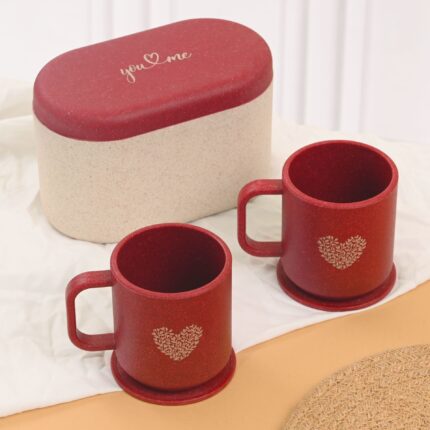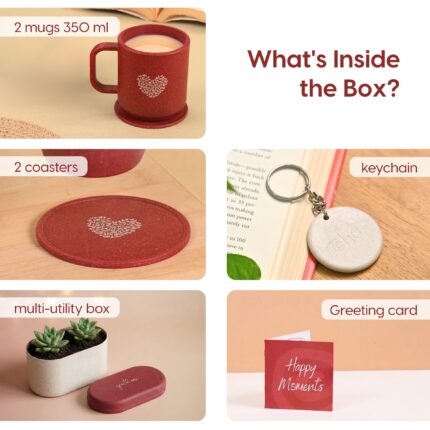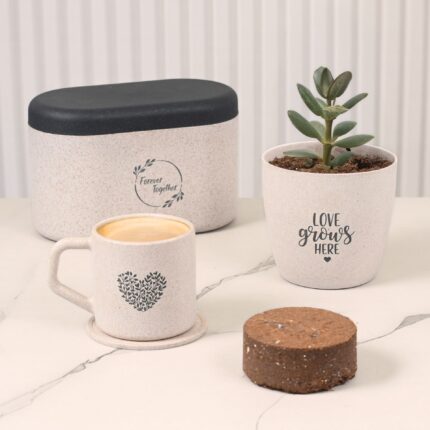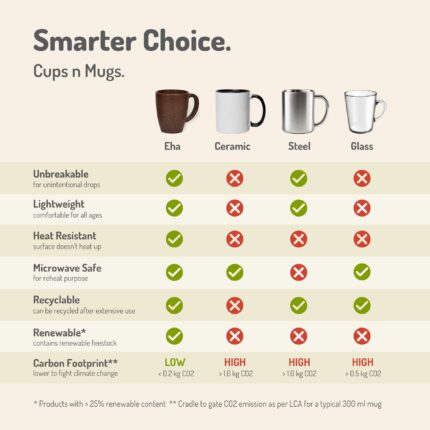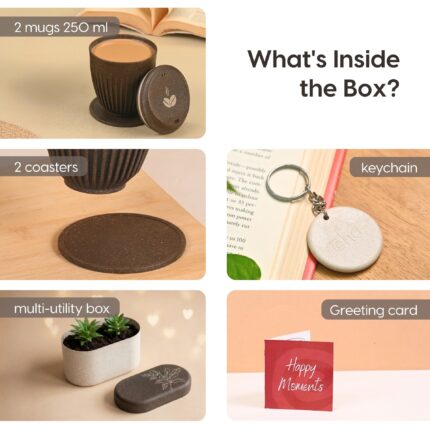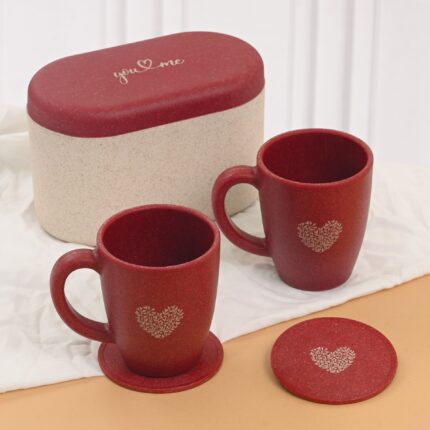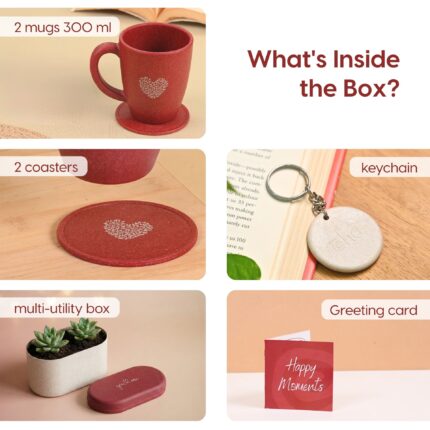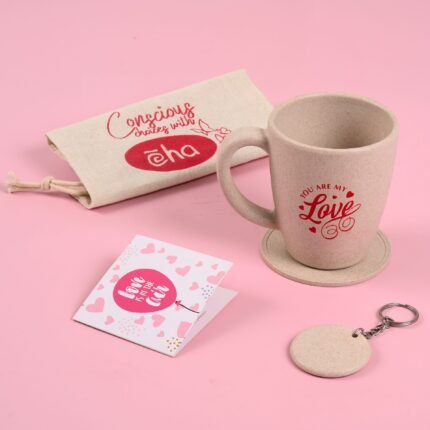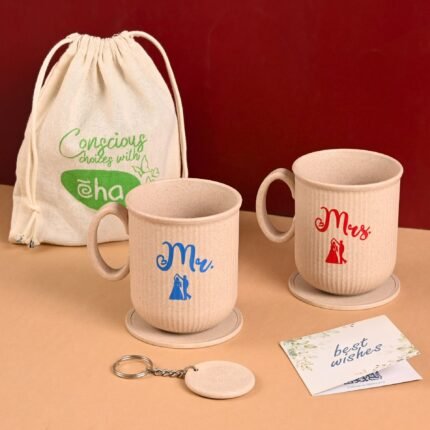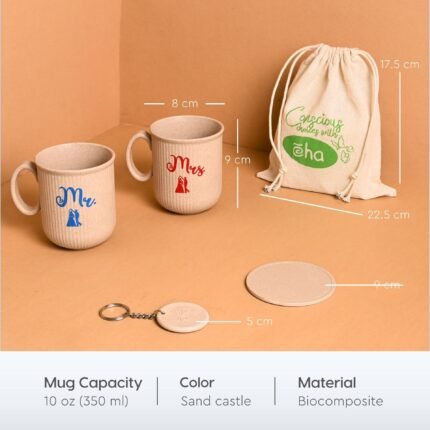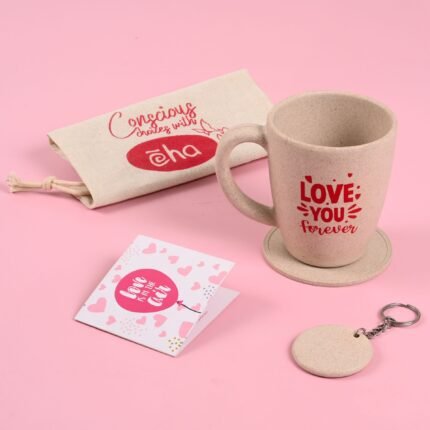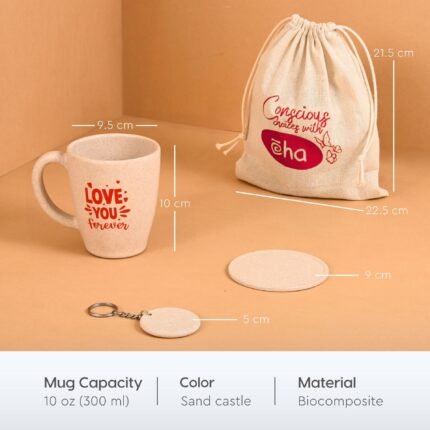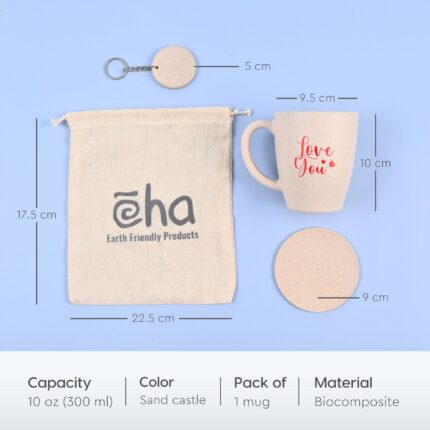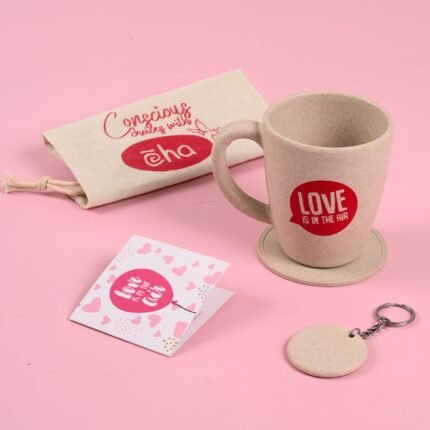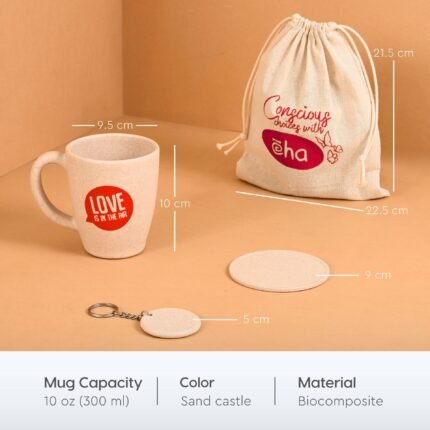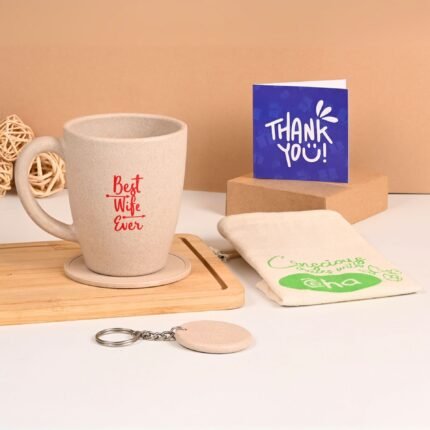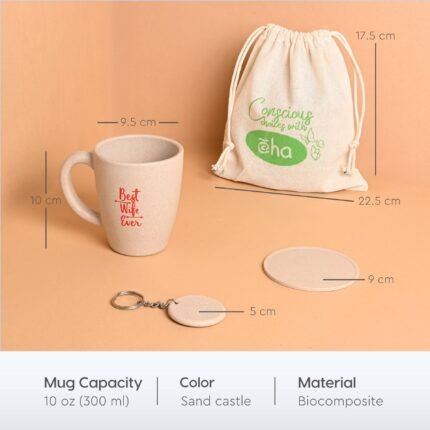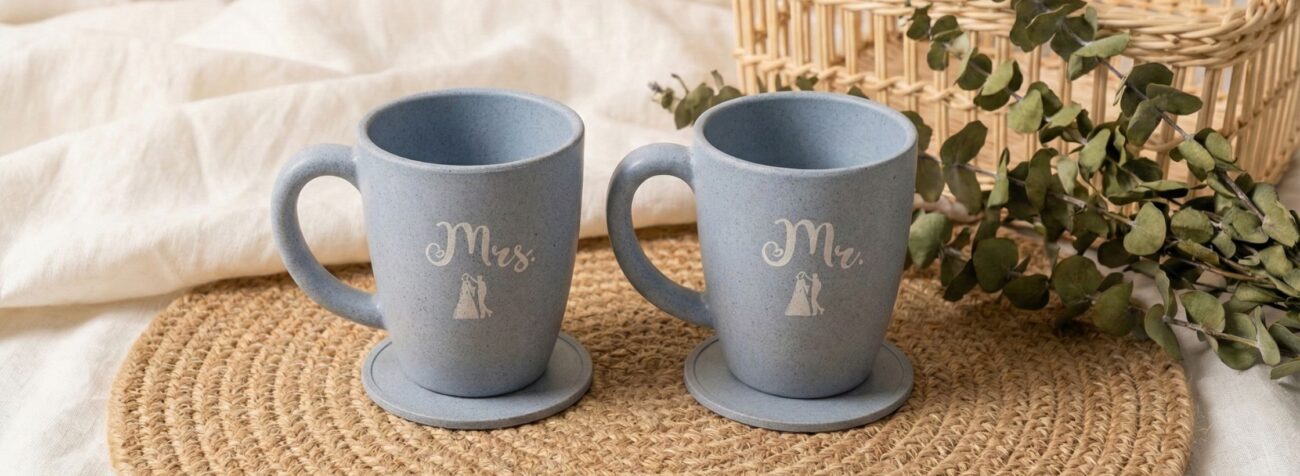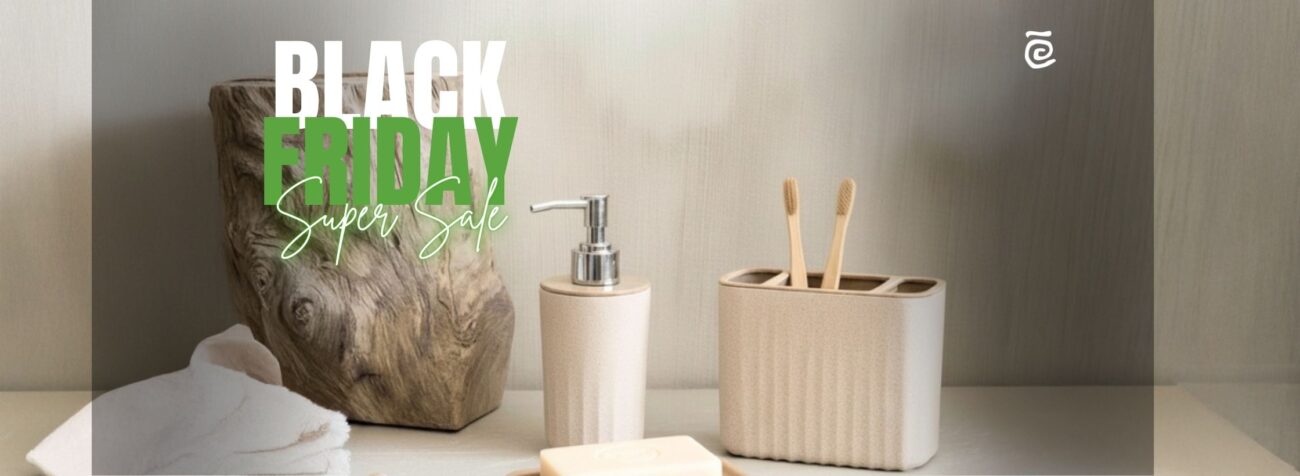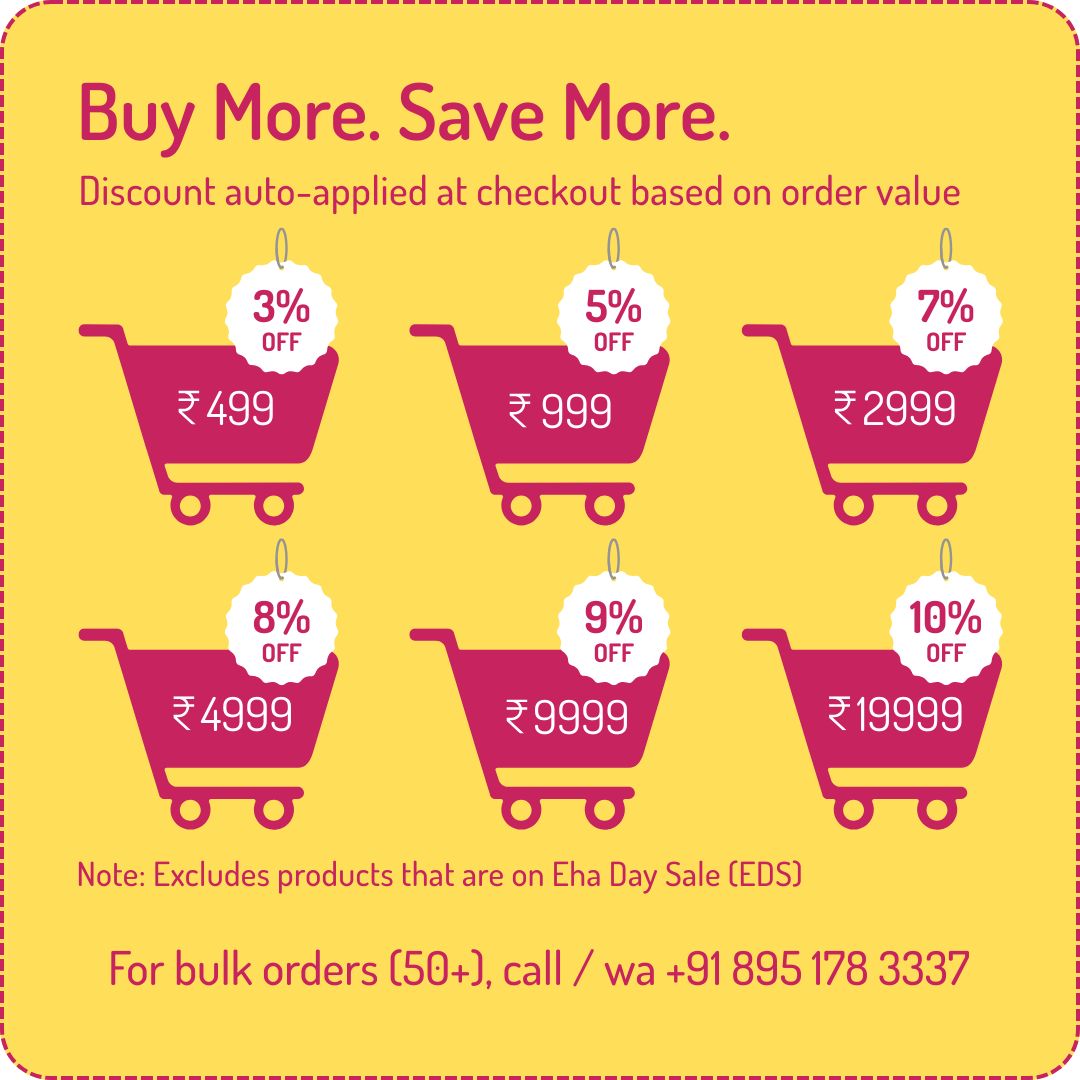Our Planet, Our People: Celebrating World Population Day
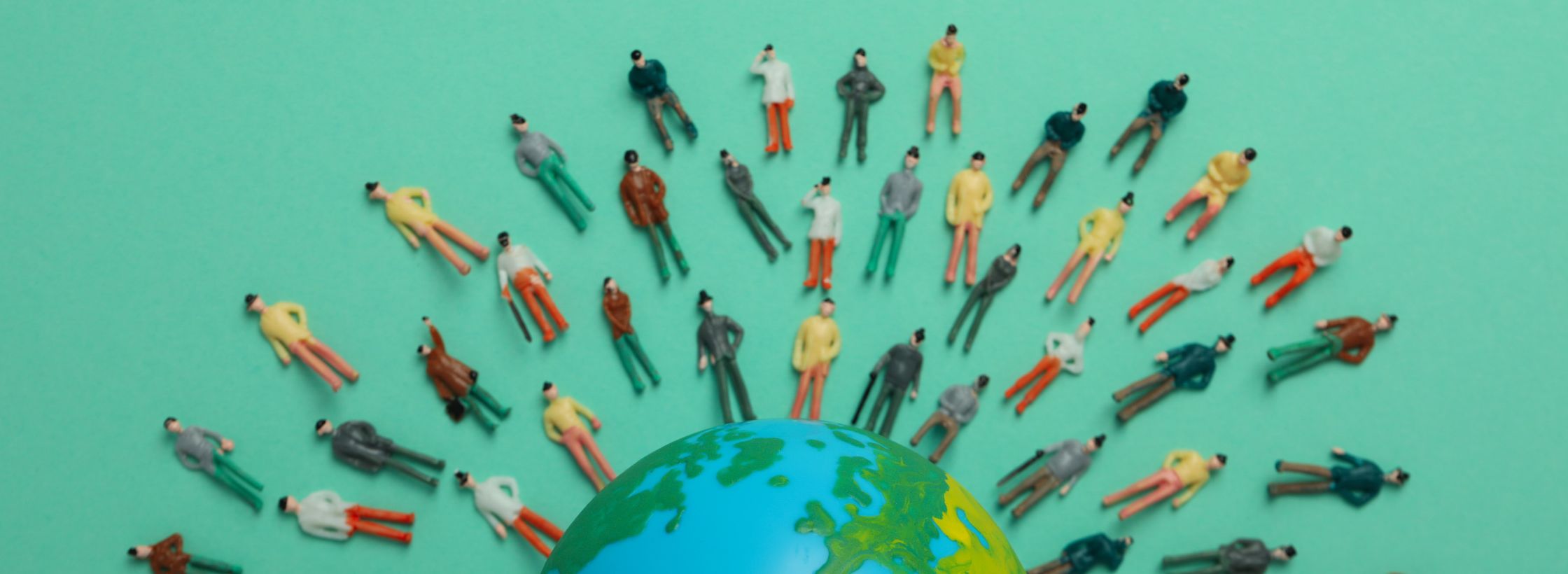
Our Planet, Our People: Celebrating World Population Day
Population growth, when managed sustainably, can lead to innovation and increased human potential.
Ever wonder how the choices we make, from the coffee we drink out of our favorite cups and mugs to the way we organize our homes with smart storage, impact the bigger picture? Do you ever feel a little overwhelmed by news about climate change, resource scarcity, or just the sheer number of people living on our planet? It’s a lot to take in, and it’s easy to feel like our individual actions don’t really matter. But they do. Every single one of us is part of this global family, and tomorrow, July 11th, is World Population Day – a perfect time to reflect on that connection.
Understanding Our Impact on Our Planet
When we talk about population, it’s not just about how many of us there are. It’s about how we live, what we consume, and the footprint we leave behind. Think about the lifecycle of everyday items in our homes. Where did that beautiful tableware come from? Was it made ethically? What happens to it when we’re done with it?
These aren’t just abstract questions; they’re daily decisions. For instance, choosing durable, high-quality pots and planters means less waste over time. It’s a small step, but when millions of people make similar choices, the collective impact on our planet is huge. We believe in providing products that not only enhance your lifestyle but also align with a more mindful way of living.
The Connection Between People and Resources
The story of humanity has always been intertwined with the resources available on our planet. From the earliest settlements choosing locations with abundant water and fertile land, to today’s complex global supply chains, our lives depend on Earth’s bounty. As the global population continues to grow, so does the pressure on these resources.
This isn’t about doom and gloom; it’s about understanding and adapting. We’ve seen incredible innovation in areas like biomaterials, where natural resources are transformed into sustainable alternatives for everyday products. Imagine cups and mugs made from renewable plant fibers instead of conventional plastics. That’s the kind of forward-thinking we champion. It’s about being smart with what we have, ensuring that future generations of people also have access to what they need.
Take, for example, the concept of a circular economy. Instead of a linear “make-use-dispose” model, a circular approach focuses on reuse, repair, and upcycle. This means less waste heading to landfills and more resources staying in play. Our commitment to durable goods, like storage solutions designed to last for years, is a small part of this larger vision. We want our products to be part of the solution, not the problem.
Celebrating World Population Day: Empowering Choices for Our People
World Population Day is a reminder that every individual matters. It’s about ensuring that all people have the opportunity to thrive, with access to education, healthcare, and sustainable livelihoods. When individuals are empowered, they are better equipped to make informed choices that benefit both themselves and our planet.
Consider the impact of fair trade practices. When you purchase a product that is fair trade certified, you’re not just getting a quality item; you’re supporting communities and empowering artisans globally. This often means better wages, safer working conditions, and investments back into local infrastructure, which can include initiatives like preventing crop-burning or implementing better water management systems. It’s a direct way that consumer choices translate into tangible benefits for other people.
Practical Steps for a More Sustainable Lifestyle
It can feel overwhelming to think about global issues like climate action or reducing carbon footprint. But remember, every big change starts with small steps. Here are a few ways we can all contribute:
Choose Durability: Invest in items designed to last. Our tableware, for instance, isn’t just about aesthetics; it’s crafted for resilience, reducing the need for frequent replacements. Less consumption equals less impact.
Embrace Reuse and Upcycle: Before you toss something, think: can it be reused? Can that old jar become a new storage container? Can you upcycle a broken piece of furniture into something new and useful? Creativity is key!
Mindful Material Choices: When shopping, look for products made from biomaterials, recycled content, or sustainably sourced components. Our pots and planters are increasingly incorporating recycled plastics or natural fibers, directly contributing to conserving resources.
Support Sustainable Practices: Seek out businesses that actively commit to the green economy. This could mean transparent supply chains, energy-efficient manufacturing, or initiatives aimed at reducing carbon footprint.
Reduce Food Waste: This is a big one! Plan meals, store food properly (our food-safe storage containers can help here), and compost scraps if possible. Less food waste means less pressure on agricultural resources and less methane emissions.
Our Commitment to People and Planet
We truly believe in the power of conscious consumerism. Our mission isn’t just about selling lifestyle products; it’s about fostering a community that values quality, sustainability, and ethical choices. We’re constantly working to source materials responsibly, minimize waste in our operations, and offer products that help you live a more mindful life. We’re not perfect, who is, but we are trying! We occasionally misjudge demand for a certain cups and mugs design, leading to a little extra stock, but we always find ways to integrate it or offer it at a value, rather than waste.
This World Population Day, let’s remember that we are all part of an intricate web. Every decision we make, from the smallest purchase to the largest lifestyle change, has a ripple effect. By making thoughtful choices, supporting sustainable initiatives, and continually seeking ways to improve our own habits, we contribute to a healthier our planet for all people, now and in the future.









